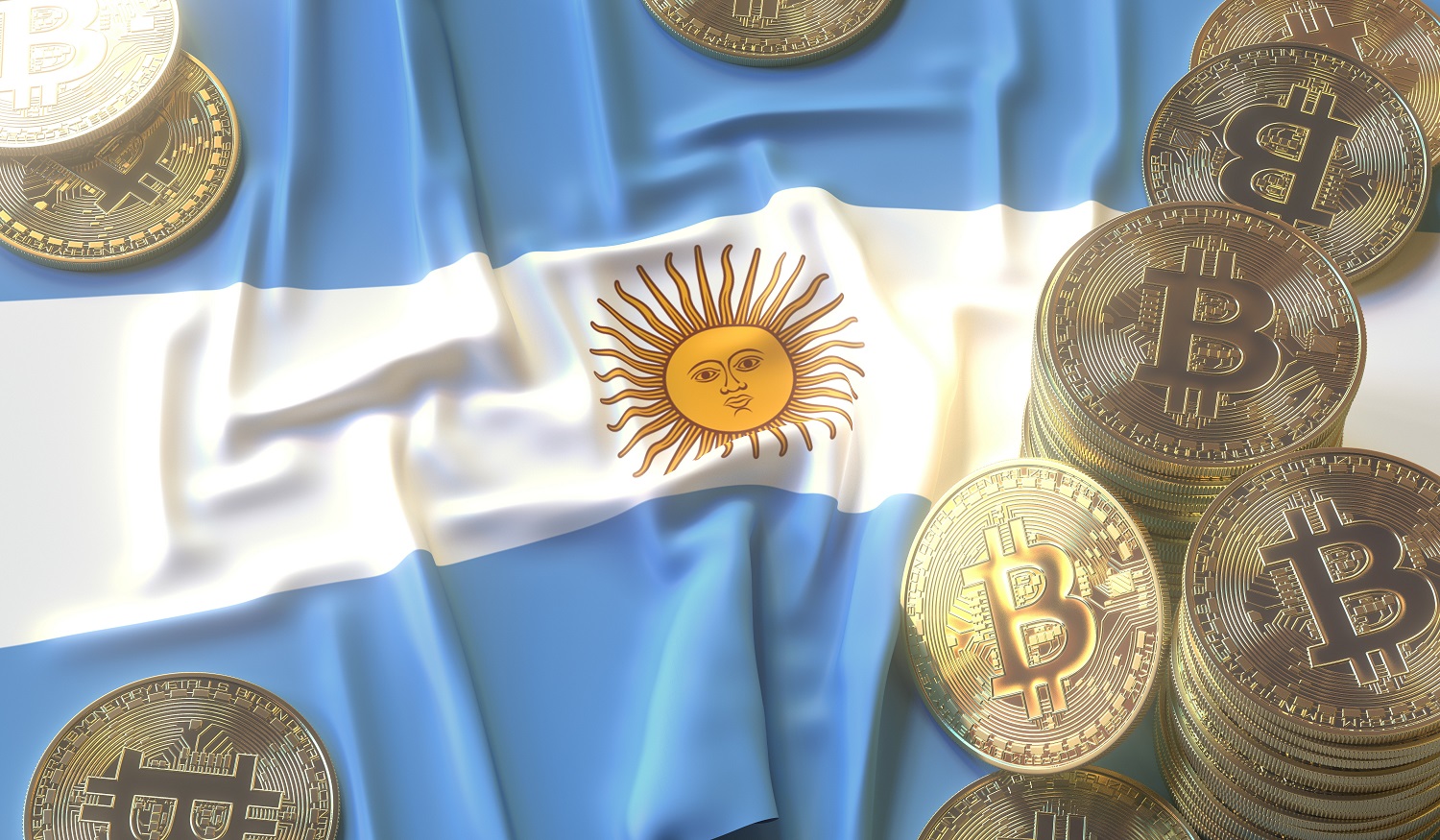
Negri said that in the near future, Argentina "will be evaluated for its regulatory system and regulatory effectiveness."
This move is likely to be seen as another attempt to get approval from the International Monetary Fund (IMF).
Buenos Aires hopes to receive financial assistance from the IMF this year.
The head of the CNV added that no special "cryptocurrency laws" are required in Argentina.
And he said any new legislation related to cryptocurrency could be included in future money laundering laws.
Negri said CNV is in talks with the Fintech Chamber of Argentina, which is made up of local cryptocurrency exchanges.
The CNV will likely work to establish a registration system for VASPs that need to apply for an operating license, another key FATF requirement.
Negri said:
“[The proposed regulation of cryptocurrencies] will be open to public discussion. The definition of a crypto service provider is very broad, ranging from individual to multinational exchanges. There are different types of risk, so we have to work with different regulatory requirements.”
Earlier this year, the country's authorities suddenly cracked down on crypto exchanges.
Experts note that this step may be due to the government's desire to receive the IMF package.
Argentina's inflation rates have continued to rise this year, prompting many to exchange fiat pesos for tokens such as USDT and bitcoin (BTC).
Cryptocurrency adoption has grown in part because Argentine banks have tried to limit purchases of foreign currency.
In April of this year, the price of Bitcoin against the Argentine peso reached a peak.
Last month, FATF Chairman General Raja Kumar called on the G7 to end "illegal space" in finance and regulate cryptocurrencies more effectively.
The FATF guidelines are enshrined in national legislation in regions such as the EU and countries such as Japan and South Korea, and other countries have also committed to follow them.

